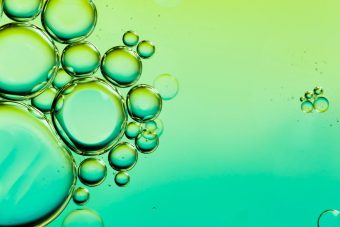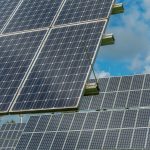
Germany and Algeria will form a bilateral hydrogen working group, in a bid to cooperate on the production of green hydrogen, which is part of their energy partnership. On the occasion, Dr. Robert Habeck, German Federal Minister for Economy and Climate Protection and Mohamed Arkab, Algerian Minister of Energy and Mining, signed a declaration of intent in Algeria.
In terms of cooperation, Algeria will receive support in the establishment of hydrogen infrastructure and production, according to the website of the German Federal Ministry for Economic Affairs and Climate Protection (BMWK). Furthermore, a hydrogen pilot plant will be built.
According to the German minister, Germany and Algeria have maintained a close energy partnership since 2015 and now both countries want to expand the partnership, while encouraging Algeria to produce more green hydrogen in the future, but also to invest more in solar and wind energy and that way create additional value.
Germany wants to support Algeria with know-how and technical expertise and Germany and the European Union are also available as potential buyers of green hydrogen. What needs to be done as soon as possible is to fulfil technical and economic prerequisites for hydrogen deliveries between the two countries.
More:
- REMOVING BARRIERS FOR GREEN HYDROGEN DEPLOYMENT
- ABB APPLIES ELECTRICAL EXPERTISE AT MAJOR GREEN HYDROGEN SITE IN DENMARK
- LAGGING POLICY SUPPORT AND RISING COST PRESSURES PUT INVESTMENT PLANS FOR LOW-EMISSIONS HYDROGEN AT RISK
While the Algerian-German hydrogen task force aims to promote the framework agreement on the production, storage and transport of green hydrogen and its derivatives, the bilateral cooperation aims to support private sector investments in both countries, in order to contribute to energy security in Europe, simultaneously with the implementation of the Paris Agreement.
According to the Ministry’s website, the signing of the declaration of intent followed a high-level meeting of government ministers, business people and experts, who had previously discussed the potential and challenges of expanding renewable energy sources, hydrogen, financing, transport and uptake at a round table discussion.
Representatives of the European Commission, Italy, Austria and Tunisia, who support the creation of the “H2 southern corridor”, were invited to attend the meeting. The corridor will transform and expand the existing pipeline for renewable hydrogen that stretches from Algeria through Tunisia, Italy and Austria to southern Germany.
In the coming period, Algeria will strive to become a significant producer of green hydrogen and supply 10 per cent of the EU’s needs by 2040. In this way, this country could improve its economy and create new jobs, while at the same time, gradually making the transition of the energy sector by reducing the use of gas.
Energy portal





